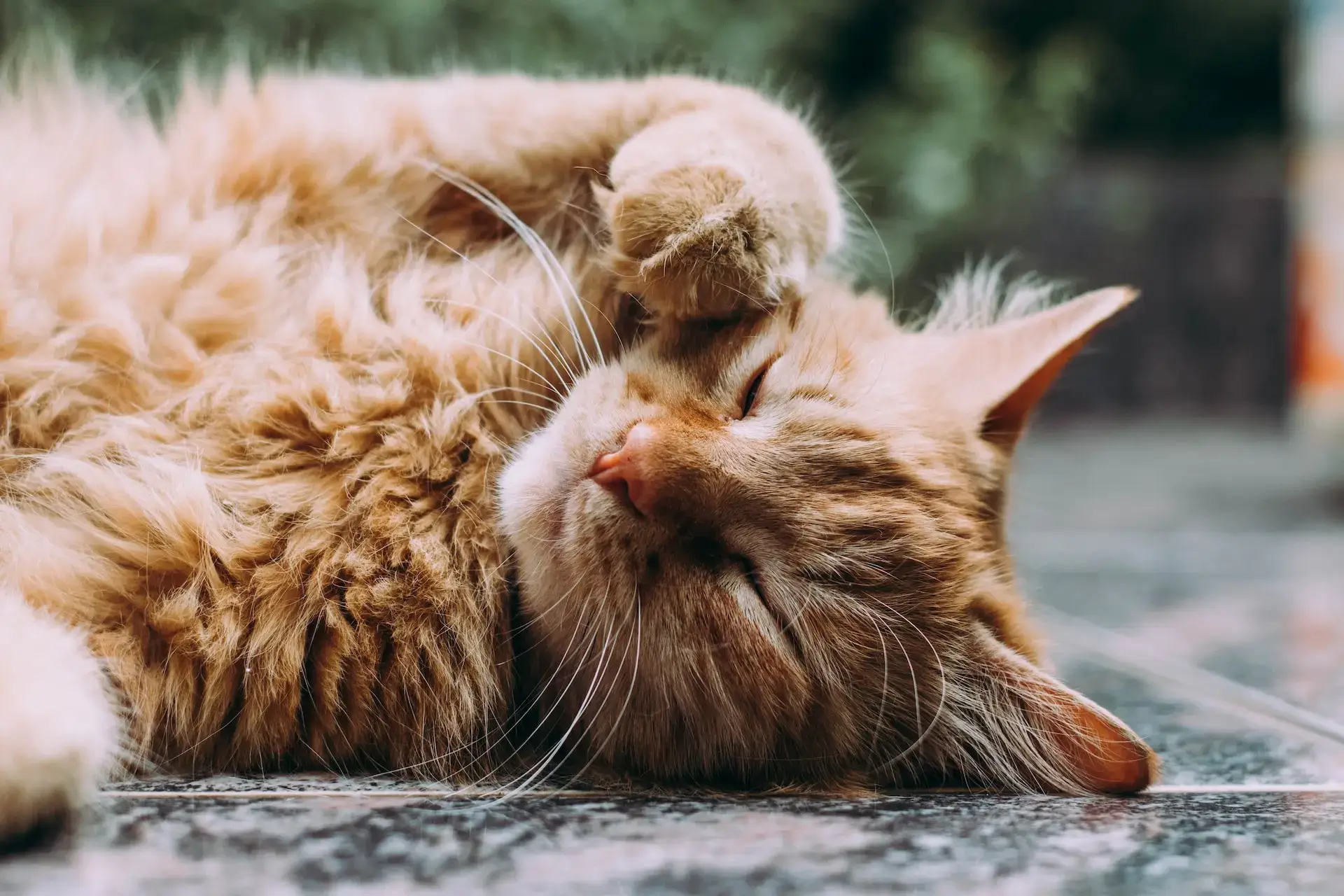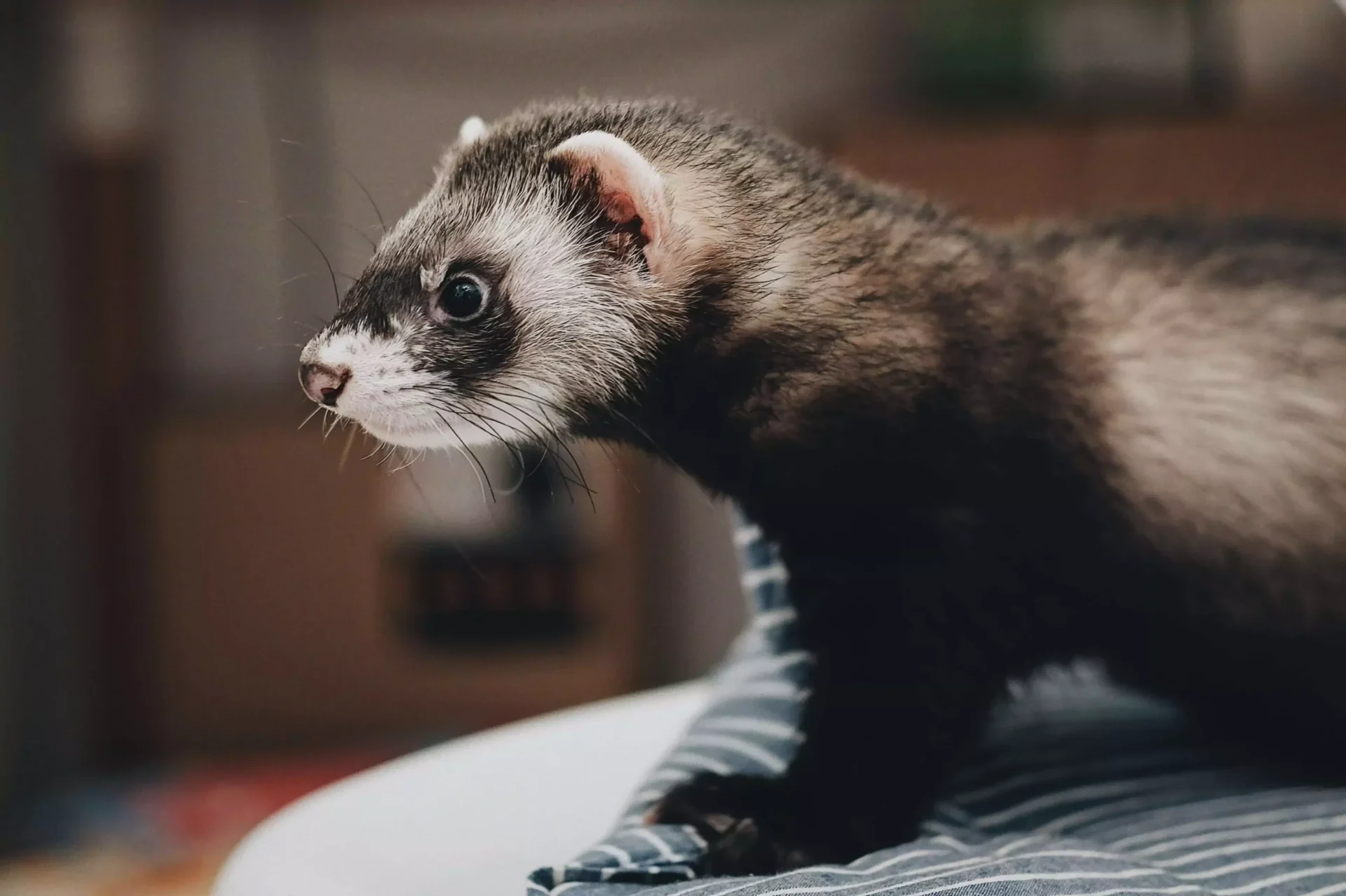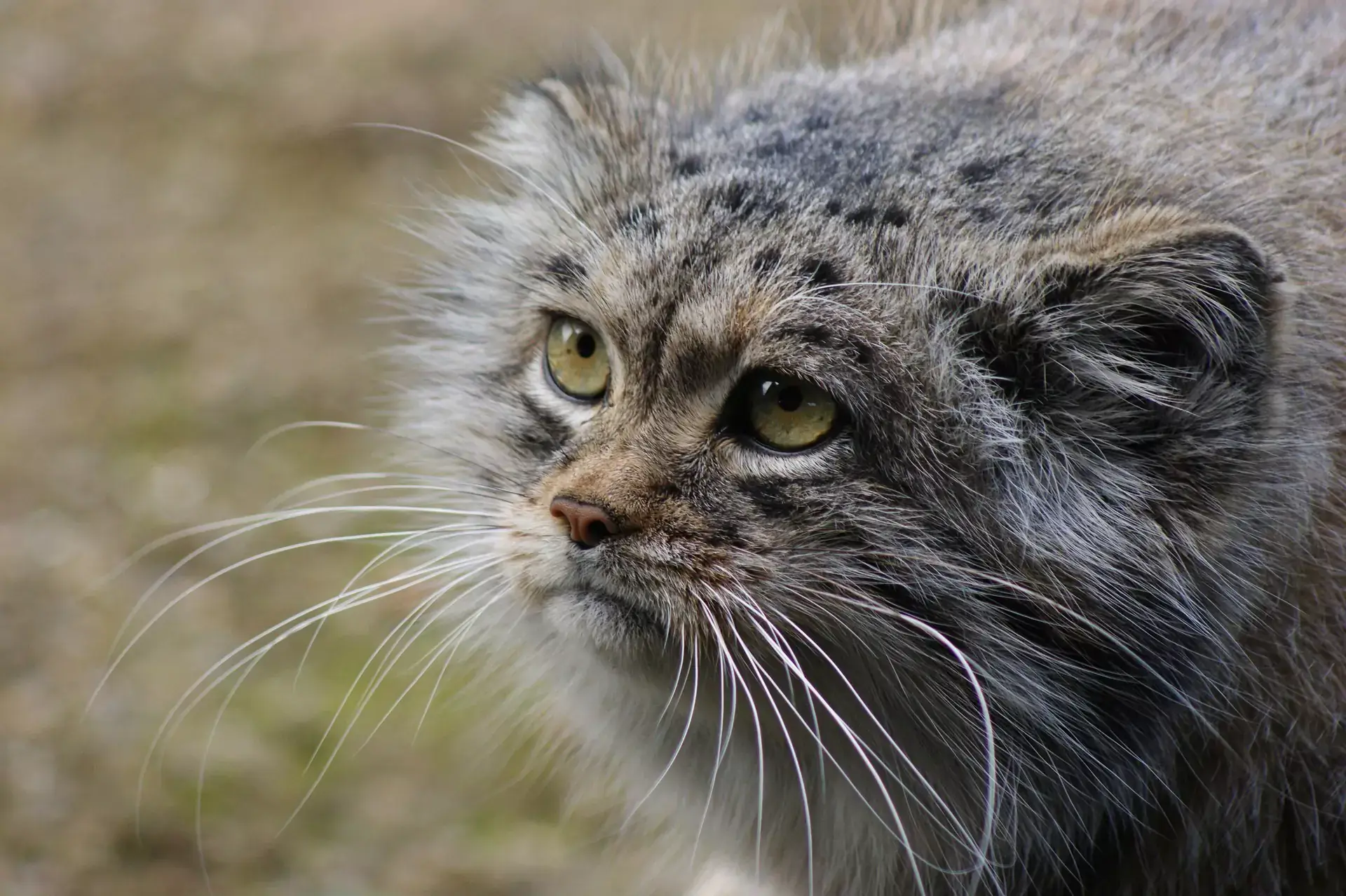Has your feline buddy ever started gnawing on the leaves of a plant you just brought home? While cats may be carnivores, they still enjoy some greens and fiber every now and then. Unfortunately, kitties don’t know what is and isn’t safe for them. More than a few popular houseplants are actually toxic to Fluffy. In this article, a local vet lists a few plants that cat owners should keep out of the house.
Lily
At this time of year, this one is particularly concerning as many people like to include lilies in their spring bouquets. Peace lilies are actually extremely toxic to our feline pals, to the point where even drinking a little of the water could make your kitty extremely sick. Other lilies that are poisonous for Fluffy include the Japanese Show lily, Tiger Lily, Asiatic lily, Day lily, Rubrum lily, and Wood lily, along with many hybrids. Lily of the Valley is also unsafe, though it’s not an actual lily.
Eucalyptus
As you may know, eucalyptus is often used in aromatherapy, and is a popular scent for scented oil and candles. Just keep eucalyptus and eucalyptus products out of reach of your furry friend. Otherwise, Fluffy could develop signs like vomiting, vomiting, and diarrhea.
Devil’s Ivy
Often called pothos, or golden pothos, Devil’s ivy contains insoluble calcium oxades. This plant can really irritate Fluffy’s mouth, and can cause drooling, and trouble swallowing.
Tulips
Another popular spring flower, tulips are also very dangerous to our feline friends. They can cause lethargy, vomiting, and diarrhea. Hyacinths and daffodils are also unsafe. In fact, you can generally consider anything that has a bulb to be toxic to your cute pet. That includes chives, garlic, onions, and scallions, too!
Philodendron
Philodendrons, along with other plants that belong to the Araceae group, such as oleanders, contain calcium oxalate crystals, a substance that can irritate your kitty’s stomach, mouth, and throat, and can cause respiratory issues.
Tips
If you aren’t certain whether your plants are safe for your cat, check the ASPCA site here. This is also a handy site to pull up while you’re at a plant sale or greenhouse. It’s also good to remember that many plants go by several names. We recommend keeping the number for the Pet Poison Helpline on hand. That number is 800-213-6680. (Charges may apply.)
Our Advice on Popular Plants That Are Toxic To Cats in 2024
Which popular plants are toxic to cats?
Several popular plants pose significant risks to feline health. Lilies, including Peace, Tiger, and Daylilies, are highly toxic, potentially causing severe kidney issues. Eucalyptus can lead to symptoms like vomiting and diarrhea. Devil’s Ivy, or Pothos, irritates the mouth and can cause drooling and swallowing difficulties. Tulips and other bulb-based plants, including daffodils and hyacinths, induce lethargy and gastrointestinal distress. Philodendrons, part of the Araceae family, contain calcium oxalate crystals that irritate the mouth and throat and can lead to respiratory problems. Cat owners should exercise caution and consult resources like the ASPCA for plant safety.
How does eucalyptus affect cats when ingested or inhaled?
Eucalyptus, whether ingested or inhaled by cats, can have various adverse effects due to its potent essential oils and compounds. Symptoms often manifest as vomiting, diarrhea, and, in severe cases, depression and weakness. The aromatic oils can also cause respiratory irritation if inhaled, leading to breathing difficulties. While the scent of eucalyptus might be therapeutic for humans, for cats, it poses a toxicity risk. Immediate veterinary care is recommended if a cat is exposed to eucalyptus to prevent complications and ensure prompt, effective treatment.
What symptoms can Devil’s Ivy cause in cats?
Devil’s Ivy, also known as Pothos, contains insoluble calcium oxalates that can cause various cat symptoms upon ingestion. These include oral irritation, intense burning of the mouth, lips, and tongue, excessive drooling, vomiting, and difficulty swallowing. The swelling can impede the airway in severe cases, leading to breathing difficulties. Immediate veterinary attention is crucial to manage these symptoms effectively and prevent more severe complications. Cat owners should keep Devil’s Ivy out of reach or consider safer plant alternatives to protect their pets.
What common symptoms do toxic plants cause in cats?
Toxic plants can induce various symptoms in cats, the most common being gastrointestinal upset, including vomiting and diarrhea. Oral irritation, characterized by excessive drooling, pawing at the mouth, and difficulty swallowing, is also frequent. In more severe cases, toxic plant ingestion can lead to lethargy, depression, increased heart rate, difficulty breathing, and even kidney failure or seizures. The specific symptoms vary based on the plant and the amount ingested. Immediate veterinary care is essential to manage these symptoms and prevent further complications.
What precautions should cat owners take when buying plants or flowers?
Cat owners should exercise caution when selecting plants or flowers for their homes. Firstly, research or consult a reliable source, such as the ASPCA’s database, to ensure the chosen flora is safe for felines. Be wary of plants known for their toxicity to cats, such as lilies, tulips, and sago palms. Additionally, consider keeping plants out of reach, regardless of their toxicity, as even non-toxic plants can cause gastrointestinal upset if ingested. Lastly, always have the number for the Pet Poison Helpline or your veterinarian handy in case of accidental ingestion.
Please feel free to contact us, your local veterinary clinic in Rialto, CA, anytime. We’re here to help!



